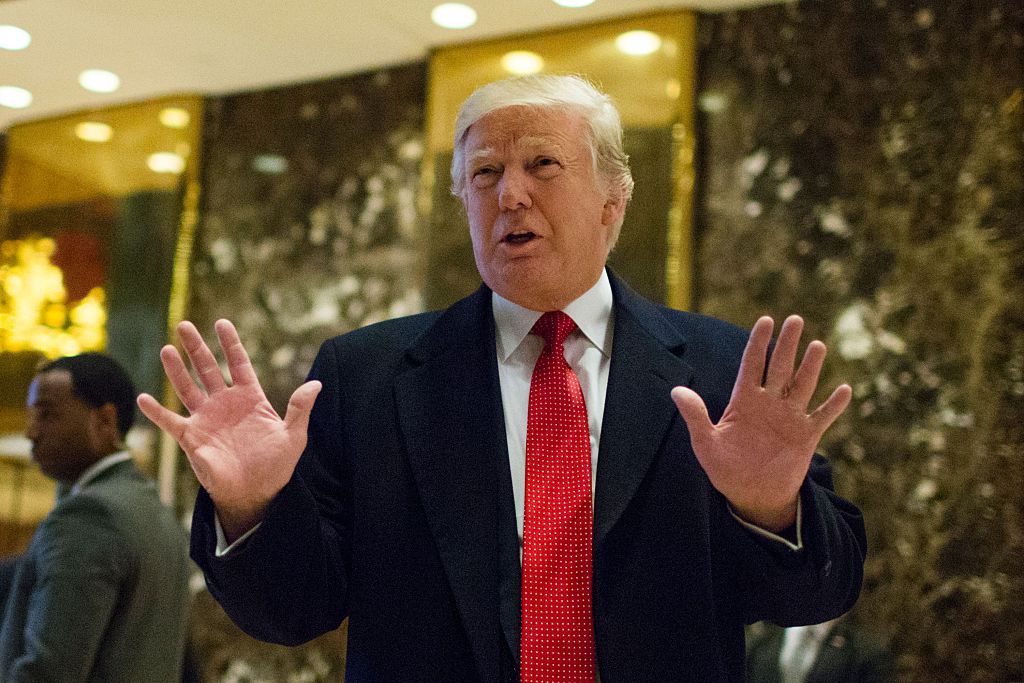Donald Trump threatened on Twitter to cancel a $4 billion Boeing contract. Boeing's stock immediately dropped.

A free daily email with the biggest news stories of the day – and the best features from TheWeek.com
You are now subscribed
Your newsletter sign-up was successful
A single tweet from President-elect Donald Trump had immediate real-world implications Tuesday morning, when shortly before the markets opened, Trump criticized Boeing for how expensive its new 747 Air Force One plane is:
He expanded upon that tweet in New York on Tuesday morning, saying "the plane is totally out of control. It's going to be over $4 billion for Air Force One program," he said, per CNBC. "I think it's ridiculous, I think Boeing is doing a little bit of a number. We want Boeing to make a lot of money, but not that much money."
At the mere threat of Trump canceling his order on the latest model of the presidential jet, Boeing's stock plummeted. At Tuesday's opening bell, Boeing stocks were down 0.86 percent and had slid more than 1 percent in early trading. Though that may not sound all that steep, with a market cap at $93 billion, even a 1 percent decline is significant for Boeing.
The Week
Escape your echo chamber. Get the facts behind the news, plus analysis from multiple perspectives.

Sign up for The Week's Free Newsletters
From our morning news briefing to a weekly Good News Newsletter, get the best of The Week delivered directly to your inbox.
From our morning news briefing to a weekly Good News Newsletter, get the best of The Week delivered directly to your inbox.
Moreover, Politico reported, Trump's tweet seems to have misquoted the actual projected cost of the Boeing 747. Air Force One estimated it would cost $1.65 billion to build two new jets — about $825 million per aircraft.
When asked for comment by The Associated Press, Boeing spokesman Todd Blecher indicated the company still wasn't quite sure how to respond to the president-elect's tweet. "We are going to get back to you after we figure out what's going on," Blecher said.
A free daily email with the biggest news stories of the day – and the best features from TheWeek.com